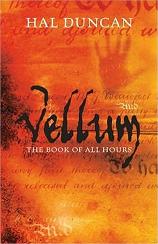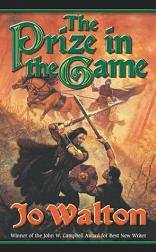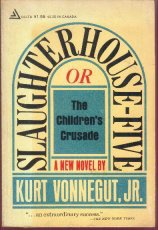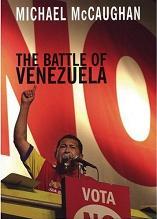
Rivers in Time
Peter D. Ward
315 pages including index
published in 2000
Rivers of Time is a new edition of The End of Evolution, a book originally published in 1994, roughly around the same time as E. O. Wilson’s Diversity of Life, with which it overlaps to some point. Like that book, Rivers of Time mixes exploration of the Earth’s evolutionary past with concern for the
present, focussing on the historical three mega extinctions as well as the one currently under way. Unlike E. O. Wilson’s book however, this is not a call to arms. Ward is much more resigned to the great extinction than Wilson is.
Partially this may be because in Ward’s view, this great extinction has already happened, with the disappearance of the megafauna of Europe, North America, Australia and many parts of Asia and Africa during the last 15,000-20,000 years, coinciding with the rise of modern humanity. The extinctions still taking place now are just the aftermath of this. I’m not sure how much I agree with this, but at the very least it puts the current destruction of ecosystems in place like Brazil or Borneo into a new perspective, when you realise the same thing had already happened in Europe thousands of years ago.



